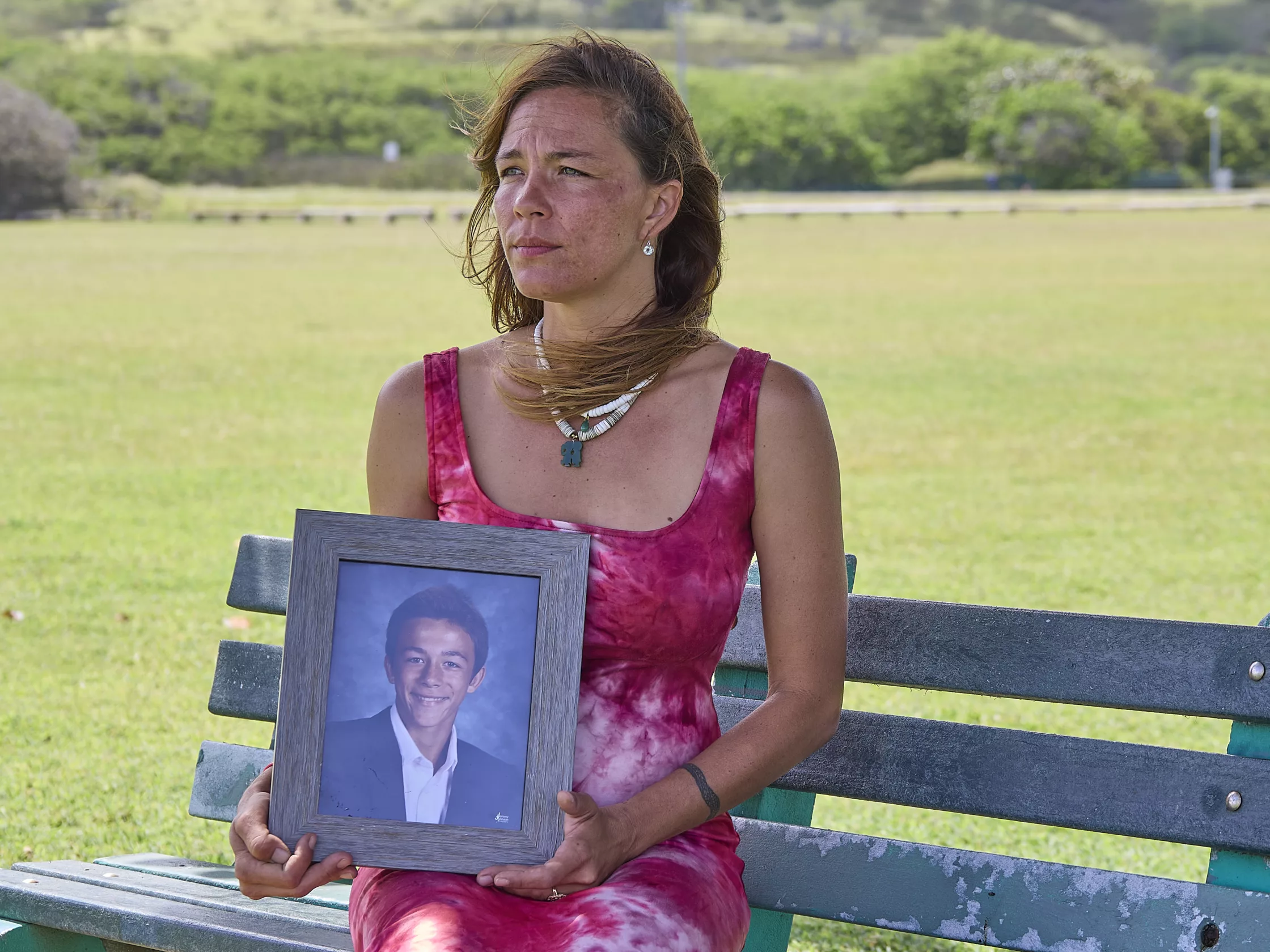The eight-person committee that hears appeals for Nebraska’s Crime Victim’s Reparations program rarely meets, which can leave survivors of violent crime wondering whether and when they might get reimbursed for expenses like counseling and crime scene clean-up.
The committee is scheduled to meet four times a year, according to program staff. But, since 2020, it has met four times total: In January 2020 (two appeals heard), November 2020 (one appeal), August 2021 (two appeals) and August 2022 (five appeals).
Meetings are sometimes canceled because there aren’t appeals or other business – that was the case in 2020 and two times in 2021, according to staff. In 2022, though, meetings were canceled due to COVID-19 and because not enough committee members could attend.
For Kuuleilani Zalopany, that meant she waited months on end – apparently beyond what’s allowed by state law – to find out if the committee might reverse the decision to deny her $5,000 in funeral expenses for her slain 17-year-old son.
The reason for the delay? Staff cited vacancies that still plague the committee today.
The letter acknowledging Zalopany’s appeal, dated Feb. 15, 2022, said the committee’s next meeting was May 6. But, May 19, program staff reset expectations in an email.
“…we were hoping June, however we don’t have a quorum,” the email read. “We have three new appointees but they have not been appointed by the governor.”
Zalopany’s hearing took place on Aug. 12, more than 175 days after the program sent its letter acknowledging her request. That runs afoul of state law, which says that an applicant’s appeal hearing “shall be held within 120 days after receipt of the request for a hearing.”
It’s unclear when the reason cited for her delay – vacancies on the committee – will be resolved. Information from the governor’s office and the Legislature shows a clear gap in understanding about that process.
Crime Commission Executive Director Don Arp said that the committee has been short of members since March 2022. There are five active members: exactly the number required for the committee to meet.
Former Gov. Pete Ricketts submitted three appointees to the Legislature in 2022.
At least one of the appointees had a hearing in the Judiciary Committee last year, but none were confirmed by the Legislature. Arp blamed the brevity of a 60-day session for the lack of confirmations.
A new governor, Jim Pillen, has since taken office. And one of the three appointees has since moved out of state.
Sen. Justin Wayne of Omaha, a Democrat who chairs the Judiciary Committee, said his staff called all three appointees from last year and learned that one of the other two is no longer interested – they were confused about what they were being appointed to do.
His staff alerted Pillen’s office, he said, and asked them to review and provide updates.
Laura Strimple, Pillen’s spokesperson, said in an email that Ricketts’ appointees carried into the current Legislature, and that the remaining two nominees “remain pending before the Legislature for confirmation.”
“Ongoing filibustering in the Legislature has slowed confirmations considerably,” she said, referring to an effort by Sen. Machaela Cavanaugh of Omaha, who is leading a filibuster in opposition to a bill that would ban gender-affirming procedures for transgender minors.
“Regardless of those pending appointments, the CVR committee has five confirmed members currently, which is sufficient to carry out its statutory and regulatory duties,” Strimple said.
But it’s not clear that those appointments are still valid.
Some old Attorney General opinions include that appointees’ terms expire when the appointing governor’s term expires, Clerk of the Legislature Brandon Metzler said. A new administration would usually resend all appointments for approval.
There’s “conflicting understanding” about whether senators can act on a former governor’s appointees, he said.
Metzler’s take: It would be in everyone’s best interest for Pillen to resend the old names or send over new names, if only for clarity’s sake.
Wayne said he’ll schedule confirmation hearings immediately when appointees are solid.



